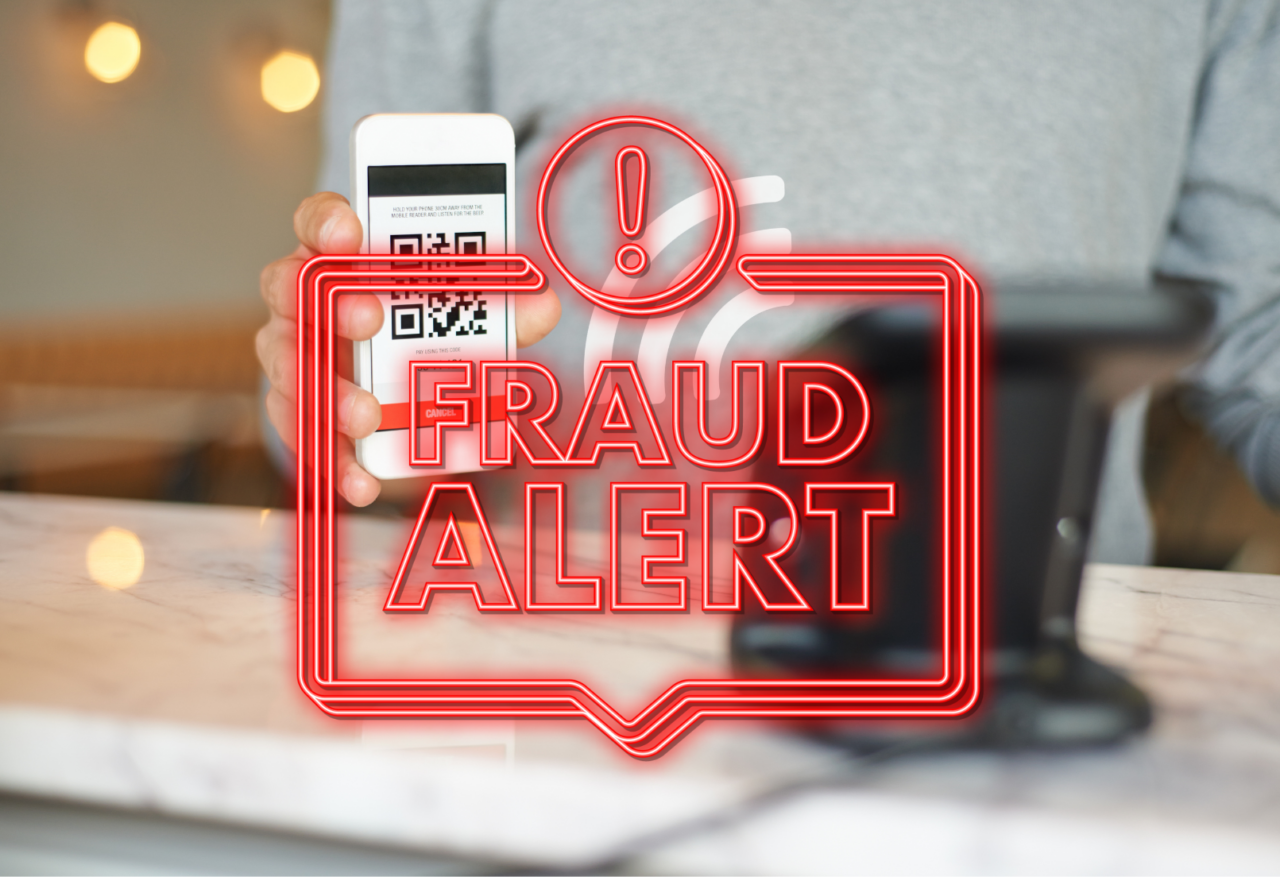What is Card-Not-Present fraud? The growing problem of card-not-present fraud harms both online consumers and online merchants. This type of fraud occurs in fraudulent transactions where a cardholder does not present a card to a merchant in person. Instead it is being used on the internet, phone and mail-order transactions. Usually in most cases, this happens when a crook steals card information such as a card number with hacking, phishing or skimming. This then enables a fraudster to make unauthorized transactions even if the actual card is never lost or stolen.
This type of fraud accounts for billions of dollars in losses all over the world for online merchants, and sure causes headaches for cardholders. Card-not-present fraud is increasing because crooks have turned to this payment method following the use of more secure chip-enabled cards for card-present transactions. Which also stems from the growth of e-commerce. Madeline Aufseeser, co-founder and CEO of Tender Armor, a provider of fraud prevention technology calls this a huge problem that’s “growing exponentially and unabated.”
Studies indicate one of the key impacts of card-not-present fraud on consumers is anxiety about the safety and security of their credit and debit card information. Fifty-six percent of consumers said they would change their online shopping behavior after an incident like this. Fortunately, if you become a victim of card-not-present fraud, your liability is minimal. Under the Fair Credit Billing Act, you’re not liable for unauthorized transactions when your credit card number has been stolen. The Federal Electronic Fund Transfer Act states you are not liable for the transactions as long as you report them within 60 days to your bank statement being sent to you.
This leads to the big question, how do you reduce card-not-present risk? Here are a few tips to avoid becoming a victim of this fraud:
-
Do not share usernames or password with anyone.
-
Use only internet browsers that securely transmit data. You can see whether a browser is secure by making sure the web address has a closed-padlock symbol in the browser.
-
Don’t respond to unsolicited email requests for personal account information.
-
Don’t send payment information by email.
With PaidYET, we handle all the security compliance so no complicated PCI, no SSL needed, and no hassles. Get started today and claim your payment page.



